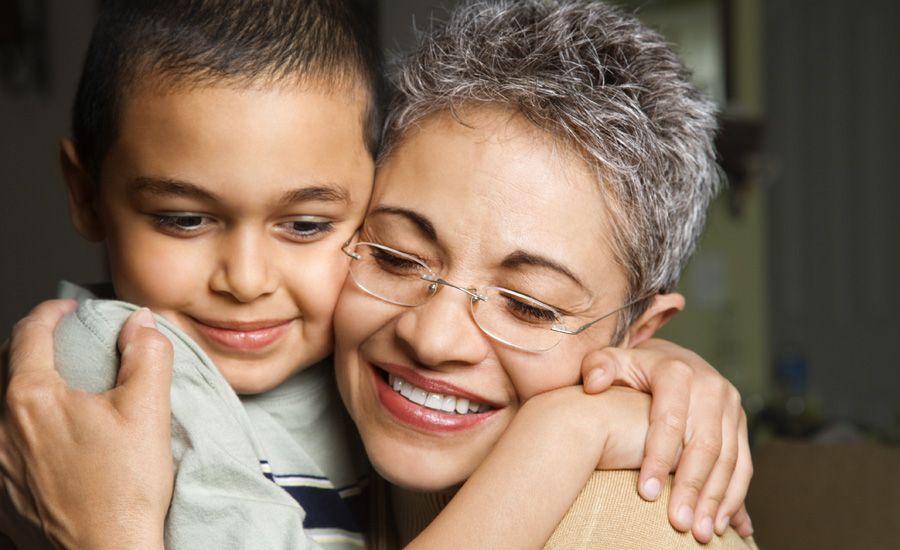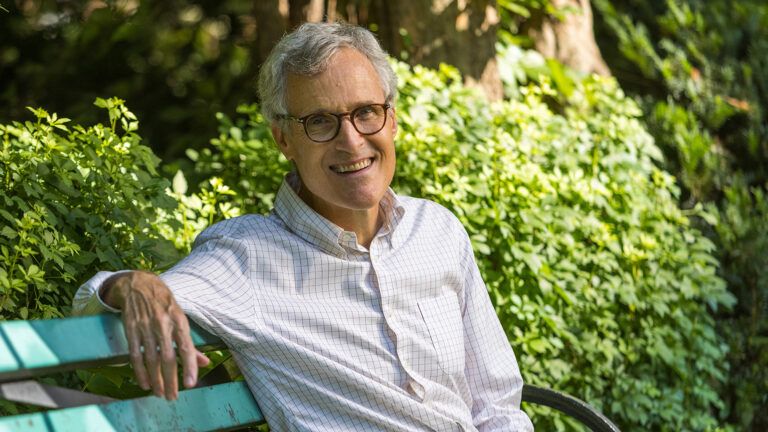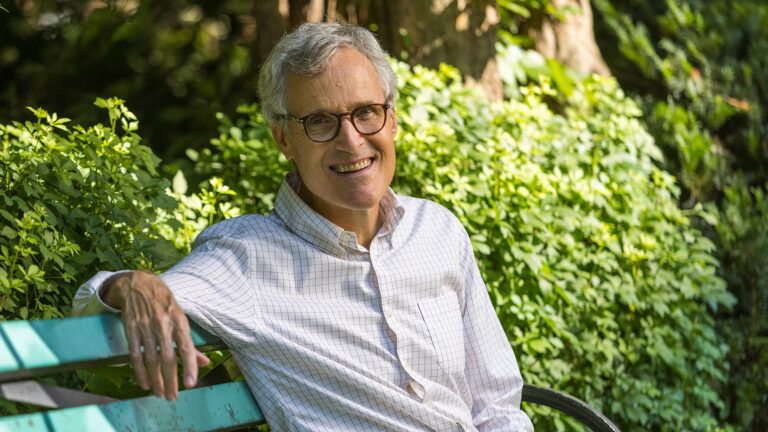I’ve never celebrated Grandparents Day. In my defense, I didn’t know the day existed when I was younger. I’m pretty sure my parents and grandparents didn’t either.
There was no shortage of happy occasions to spend with my Papa Morey and Nana Rita, Grandpa Sam and Grandma Sally, all of whom lived close by. They never asked us to honor their own day of celebration.
When I first heard about the holiday, I thought it was some new ploy by Hallmark to sell “Happy Grandparents Day” greeting cards. I was surprised to learn the first observance was proclaimed in 1978 by President Jimmy Carter, four years before I was born.
“I urge each citizen to pause and to reflect on the influence his grandparents have had in shaping his own destiny,” Carter wrote, “and on the legacy bestowed upon our contemporary society by his grandparents’ generation.”
I’ve been thinking more about my grandparents’ legacy lately. Before my wedding two years ago, I began compiling a family tree so that my future wife could better understand how my cousins, uncles, etc. were all connected.
Browsing through thousands of old documents on Ancestry.com, the project quickly became something else–a way to remember what my grandparents experienced as the first generation of my family to grow up in America.
Handwritten census records, city directories, military enlistment forms, citizenship papers, ship manifests–one document after another sparked memories of the stories my grandparents told me.
There was my Grandma Sally, on the passenger list from the ship Caledonia, which arrived in New York from Liverpool on Feb. 21, 1914 (back then, she went by the name Sarah). Her listed age? Two years old. She was travelling with her mother and three older sisters, headed to reunite with their father, Lewis, at 44 Godwin St., Paterson, New Jersey.
It was on the top floor of a three-story building, and Sally, now 3, leaned out an open window to watch her cousins playing in the backyard. She lost her balance and fell. Somehow she landed softly on a blanket held up by a clothesline and clothespins, part of a fort her cousins had built for their games.
Years later, my Grandpa Sam told her a strikingly similar story. When he was 3, he climbed out the window of his family’s third-floor tenement apartment in New York City onto the fire escape. He leaned over the edge to look. At that moment, he lost his balance and fell three stories down. He also landed softly…in the arms of a bewildered passerby.
Grandpa Sam first showed up in the 1920 census, 8 years old, living in that tenement at 120 Avenue D with his Polish, Yiddish-speaking parents and his little brother Julius (the youngest, Seymour, hadn’t been born yet).
In that same 1920 census, I found the first hint of the tragedy that had struck Grandma Sally’s family. They were then living in Boston. Next to her mother’s name the census taker had marked a capital “W.” Widowed.
Next, I found a death certificate from Sept. 9, 1922, for Grandpa Sam’s father. His appendix had burst, and back then there was nothing doctors could do. Sam was 11.
In the midst of the Great Depression, Sam and Sally had to scrap to help support their families. The 1930 census listed Sam as a shipping clerk for a women’s hat factory, but that didn’t tell the whole story.
He and Julius took every job they could get to support their mother and younger brother. They sold newspapers and peddled “recycled” ladies hosiery, making $10-12 a week. Sally worked as a seamstress and later as a saleslady in a department store. They gave up their own ambitions to help their families survive.
Seeing my grandparents’ struggles documented gave their experiences a stark reality. It brought my memories of them back to the surface–two people who had been through incredible hardship and yet never stopped embracing the joy of life.
Grandpa Sam and Grandma Sally were 71 when I was born. Papa Morey was 65, Nana Rita was 58. When I was a kid, it seemed very little of their lives existed before me, and that period had been mostly spent raising my parents.
Only as I got older did I begin to pay attention to the stories they told about their lives. I wish I’d asked for more stories when I was younger, when my grandparents were still around to tell them.
That’s why I’ve been so grateful to spend time with my wife’s grandmother, Oma. For her story in Mysterious Ways, Nicole and I sat down with her, and she told us about growing up in Lithuania, before, during and after the Holocaust.
With Oma’s help, I was able to map out Nicole’s family tree, going back to the early 1700s. Oma was amazed by the documents I found online, which accounted for dozens of relatives who had been wiped out by the Nazis. It was a chance to revive their memories, attach stories to names and bring the history of the family to life.
So don’t treat Grandparents Day as some greeting card holiday. Spend it learning about where you came from, about the world that existed before even your parents were born. We are the products of thousands of years of history, and every time a generation passes away, bits of our past get lost forever, no matter how much of it is documented or photographed.
What have you learned from your grandparents? What stories did they tell that need to be remembered? Share them with us, and keep their legacy alive.





